Vocabulary
録る(とる) – to record (audio/video) (N3)
- Example 1: 今日はショートハイクをやってみた様子を録りました
- Example 2: 画面に出る日本語を読み上げて録っています
景色(けしき) – scenery, view (N4)
- Example 1: この景色はずっと眺めていられるねえ
- Example 2: 山の上からの景色がきれいです
眺める(ながめる) – to gaze at, look out over (N3)
- Example 1: 夕方まで海を眺めていました
- Example 2: 展望台で町を眺める
電波(でんぱ) – cell signal, reception (N3)
- Example 1: ここいらは電波がすごく悪いんだ
- Example 2: 山頂なら電波が入るかもしれない
登る(のぼる) – to climb (N4)
- Example 1: このあたりのみんなは山に登ってるよ
- Example 2: 夏に富士山に登りたいです
貝殻(かいがら) – seashell (N3)
- Example 1: 貝殻を15個集めてきてちょうだい
- Example 2: 砂浜で貝殻を見つけました
小屋(こや) – hut, cabin (N3)
- Example 1: パークレンジャーの小屋に寄っていこう
- Example 2: 山の小屋で休みました
展望台(てんぼうだい) – observatory deck, lookout (N3)
- Example 1: 展望台からの眺めはサイコーだぜ
- Example 2: 展望台までハイキングします
山頂(さんちょう) – mountaintop, summit (N3)
- Example 1: この島の主役はなんといっても山頂でしょう
- Example 2: 明日は山頂まで行く予定です
方角(ほうがく) – direction (N2)
- Example 1: コンパスは北の方角を教えてくれる
- Example 2: 地図で方角を確認する
Phrases (Sentence Breakdown)
Sentence 1
この景色は ずっと 眺めていられるねえ。
I could keep looking at this view forever.
Breakdown:
- この – this
- 景色 – scenery, view
- は – topic marker
- ずっと – continuously, for a long time
- 眺めていられる – can keep gazing (て-form + いられる = sustained ability)
- ねえ – soft sentence ending inviting agreement/feeling
Sentence 2
ここいらは 電波がすごく悪いんだ。
Reception around here is really bad.
Breakdown:
- ここいら – around here (colloquial)
- は – topic marker
- 電波 – cell signal
- が – subject marker
- すごく – very, really
- 悪い – bad
- んだ – explanatory tone (casual)
Sentence 3
北へ向かえば、多少は電波があるかもね。
If you head north, you might get at least some signal.
Breakdown:
- 北 – north
- へ – direction particle
- 向かえば – if (you) head toward (ば-conditional of 向かう)
- 多少 – a bit, some
- は – contrast/limiting “at least”
- 電波 – signal
- が – subject marker
- ある – exist/be available
- かも – might/maybe
- ね – seeking soft agreement
Summaries in 3 different levels
N5–N4:
主人公は山の島でゲームのように歩き回り、きれいな景色を見ながら少しずつ上へ登ります。
The main character wanders around a mountainous island like in a game and gradually climbs upward while enjoying the beautiful scenery.
途中で人と話して、電波の情報や貝殻集めのお願いをもらいます。
Along the way, they talk to people and get info about reception and a request to collect seashells.
最後に展望台や山頂を目指して、気分転換しながら旅を楽しみます。
In the end, they head for the lookout and summit, enjoying the trip as a change of pace.
N3–N2:
主人公は「ここいらは電波が悪い」と聞き、北へ向かえばつながるかもしれないという助言を手がかりに、展望台やトレイルをたどって進みます。
Hearing that reception is poor “around here,” and that it might work if they head north, the protagonist follows that advice, tracing lookouts and trails.
道中で貝殻集めやコイン稼ぎなどの小さなタスクをこなし、黄金の羽を手に入れて移動の自由度を高めます。
Along the way they complete small tasks like shell collecting and coin gathering, obtain golden feathers, and increase their mobility.
穏やかな音楽と景色に支えられ、都会を離れて「気分転換」しながら、少しずつ目標地点へ近づいていきます。
Supported by calm music and scenery, they take a mental break from the city and steadily approach their goal.
N2–N1:
この物語は、最初は目的地も「何をすべきか」もはっきりしないまま始まり、会話や地形のヒントを頼りに、自分でルートを選んで少しずつ登っていくものです。
The story begins without clear goals or tasks; you rely on hints from conversations and the terrain, choosing your own route and climbing little by little.
「北へ向かえば多少は電波がある」という一言は、実用的な案内であると同時に、見晴らしのよい場所へ向かう合図にもなっています。
The line “If you head north, you might get reception” works both as practical guidance and as a cue to head for places with a better view.
貝殻やコイン、黄金の羽といった小さな成果を重ねるうちに行動範囲が広がり、最後には展望台や山頂で静かな達成感を味わいます。
As you collect small rewards, shells, coins, golden feathers, your range of movement grows, and you end up savoring a quiet sense of accomplishment at the lookout or the summit.

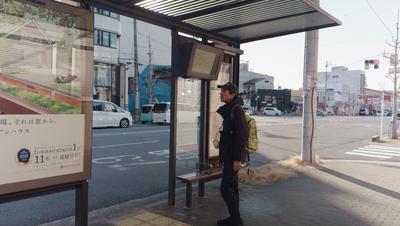
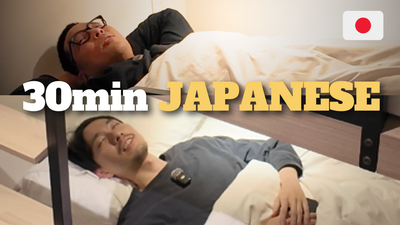
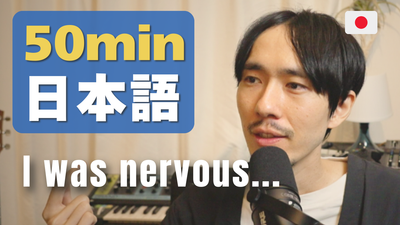
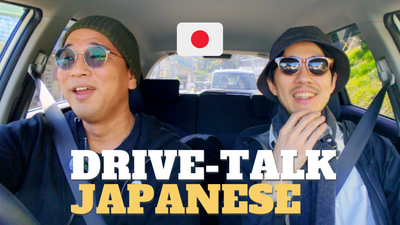
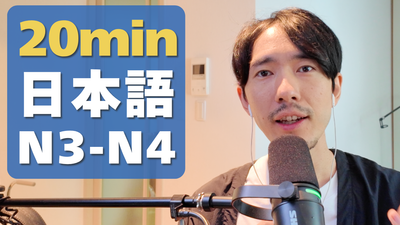
Member discussion